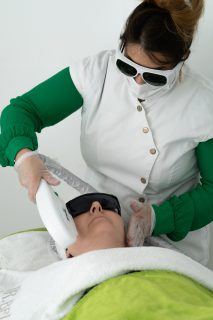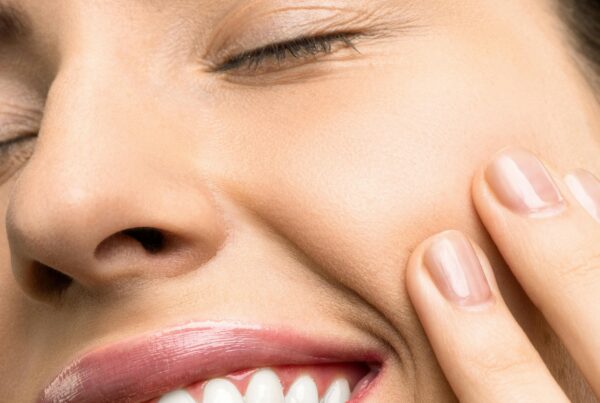The quest for beauty is not a recent phenomenon. Kohl to darken and enhance the eyes, vegetable dyes on the cheeks, hair adornments, and milk baths were all used centuries ago. Historically, individuals have often undergone extreme discomfort and risk conforming to culturally prescribed modes of beauty. Such as ritual tattooing, binding of the feet, and body scarification.

Photo by Darius Bashar on Unsplash
Social Media
A contributing factor to the pursuit of an obsession with beauty in more recent years is the way the body has been presented by the mass media and portrayed in advertising. These standards have convinced many (especially women) that they are inadequate unless they conform and package themselves in certain culturally sanctioned ways.
The process adds to the pressure of constantly striving for what sometimes appears to be an unrealistic and unattainable goal. This may affect your “self-perception of aging” (SPA), which has been defined as your personal evaluation of your age, which is not purely based on chronological age. Medical literature has proven that a negative SPA results in a lower level of functioning in most aspects of life, including health.
Covid and your self worth
In our current pandemic situation, we have been forced to change our lifestyles in many ways. For example, working from home and a decrease in social contact have resulted in a decrease in self-care and grooming, thereby impacting negatively one’s SPA and body image. This is closely related to self-esteem, which is the value you place on your self-worth and self-respect.

Photo by Pavel Danilyuk from Pexels
There are many factors (including the current pandemic) that could gradually draw you closer to the negative self-esteem black hole. But this must be resisted as long as possible, both on the mental and the physical front. Although there is no denying the physiological changes of the aging process. There are steps that can be taken to limit some of the negative consequences that come with “life experience”. The general aim is to stay rejuvenated, and not necessarily to stop the clock.
As with most things, the first step is having the correct attitude and getting over the hurdle of thinking that it is unachievable.
Wellness
Like any journey, you will need to start at the beginning. A healthy diet and exercise program will provide a solid foundation. In today’s world, there are myriad procedures available for facial and body rejuvenation. When seeking rejuvenating procedures, you will need to decide between non-surgical or surgical options.
Treatments
Some of the non-surgical procedures include chemical peels, filler injections, neurotoxin injections, needling, lasers, and radiofrequency treatments. The choices are vast, and all have specific indications. Your doctor will be able to guide you in your choice and tailor your treatment to your specific concerns.

Photo by Nico Becker from Pexels
Although these non-surgical procedures are relatively less invasive, they are not without risk. You will need to understand these risks, and your doctor will need to be able to deal with them, should they occur.
Self-worth and your appearance
On the other hand, surgical cosmetic procedures yield a more dramatic and longer-lasting result. They are, however, more invasive, and they, too, are associated with possible complications. However, many surgical improvements have been made over the years.
If you are considering this course of treatment, it is vital to ensure that your surgeon is well-trained to perform such surgery. The Association of Plastic, Reconstructive and Aesthetic Surgery (APRASSA) can assist you with any questions you may have in this regard.
Whichever choice you make, you should have a realistic goal in mind. Ultimately, you are trying to achieve a positive self-perception of your aging process, thereby creating positive self-esteem. This will likely roll over into all other aspects of your life. These procedures are a tool to assist you on this journey.



![women [longevity live]](https://longevitylive.com/wp-content/uploads/2020/01/photo-of-women-walking-down-the-street-1116984-100x100.jpg)










